|
College of Electrical, Information and Resources Engineering
|
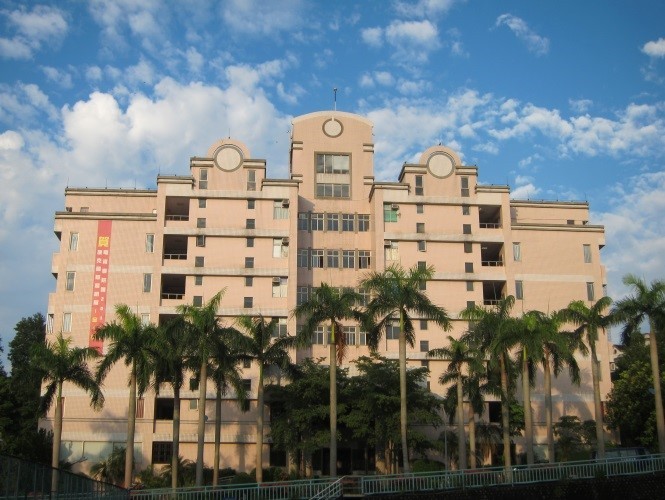 |
|
Introduction
College of Electrical, Information and Resources Engineering (CEIRE) is the only engineering school of Jinwen University of Science and Technology. The teaching scope is based on the demand of electronic and computer science of industry, training students have the professional technologies to meet the target of the technical and vocational education. The “Smart Living Technology” is the main objective of CEIRE, the training courses are consist of program of basic theories and physical experiment, and to coordinate with liberal arts program, to let students learn variety knowledge.
|
| College Objectives
• To provide students with a sound and solid knowledge in the professional disciplines of Electrical,
Information and Resources Engineering, along with the required supporting knowledge of
mathematics, science, and liberal education.
• To equip students with the skills needed in designing experimental projects, solving problems, and
organizing and presenting information effectively.
• To emphasize industry activities in both teaching and technical training.
|
|
Academic Programs
The degree programs offered are mainly the 4-year Bachelor of Science (BS) and Master of Science (MS) programs. The applicant must apply for one of following three majors (departments): Electronic Engineering (Institute of Computer & Communication Engineering), Computer Science & Information Engineering, and Environment Science & Property Management (Institute of Environment Science & Property Management).
There are specific master’s programs for on-the-job students. The applicants must meet the working experience and other requirements imposed on these programs. The Electronic Engineering and Environment Science & Property Management departments offer 2-year continuing education programs. |
|
History
|
1989
|
A two-year program was established, admitting senior high school graduates to study electronic engineering.
|
|
1998
|
JUST was upgraded to be Jinwen Institute of Science and Technology with 4- and 2-year programs. Department of Electrical Engineering and Computer and Information Science was established. The two-year program admitted junior college graduates while the four-year program admitted graduates from senior high school and vocational school.
|
|
2007
|
Jinwen Institute of Science and Technology was renamed Jinwen University of Science and Technology. College of Electronic and Computer Science Engineering and Graduate Institute of Computer & Communication Engineering were established.
|
|
2012
|
College of Electronic and Computer Science Engineering was renamed College of Electrical, Information and Resources Engineering (CEIRE). Environment & Property Management (Institute of Environment & Property Management) was joined CEIRE.
|
|
2013
|
Institute of Computer & Communication Engineering was combined with Department of Electronic Engineering to be Department of Electronic Engineering (Institute of Computer & Communication Engineering).
|
|
2016
|
Environment & Property Management (Institute of Environment & Property Management) was renamed Environment Science & Property Management (Institute of Environment Science & Property Management)
|
|
|
Organization
Graduate Programs
- Institute of Computer & Communication Engineering
- Institute of Environment Science & Property Management
Undergraduate Programs
- Department of Electronic Engineering
- Department of Computer Science & Information Engineering
- Department of Environment Science & Property Management
Research Center
- Radio Frequency measurement Center
Other Programs
- Industry master program of department of Electronic Engineering (Institute of Computer & Communication Engineering
|
|
Present
|
College of
Electrical, Information and Resources Engineering
|
Main objective:
“Smart Living Technology”
|
|
Dept. of
Electronic Engineering
|
Two main objective:
“Communication & Wave Propagation”
“Signal Processing & System Integration”
|
|
Dept. of
Electronic Engineering (Institute of Computer & Communication Engineering)
|
Two main objective, advanced B.S training courses:
“Radio Frequency & Communication Technology”
“Multimedia & Network Technology”
|
|
Dept. of
Computer Science &Information Engineering
|
Two main objective:
“Embedded System Design & Applications”
“Computer & Network Technology Applications”
|
|
Dept. of
Environment Science & Property Management (Institute of Environment Science & Property Management)
|
Two main objective:
“Environment Science Applications”
“Property Management”
M.S programs are advanced B.S training courses.
|
|
| Features
The college offers two master programs: the institutes of Computer & Communication Engineering and Environment Science & Property Management. Our undergraduate programs comprise the departments of Electronic Engineering, Computer Science & Information Engineering, and Environment Science & Property Management. The total numbers of full-time faculty are around 36. The two institutes within the college have full-time and part-time master programs. The three departments in undergraduate programs have 4-year programs. Besides, the departments of Electronic Engineering and Computer Science & Information Engineering in undergraduate programs also have 4-year evening programs.
To meet the demands of our teaching and research, there are complete instruments and facilities in each department within the college to provide students trainings of professional skills as well as academic researches. For the education aspects, this college cultivates practicable, hardworking, vigorous, and worldview engineers to meet the demand for economic construction and industrial development of our country in the future. In terms of the industrial service, this college encourages cooperation between schools and industries. In order to develop more advanced academic researches, this college cooperates with other research institutes regularly, thrives to engage in technological developments for related significant infrastructures in our country.
|
|
Specialist Instruments and Facilities
|

|
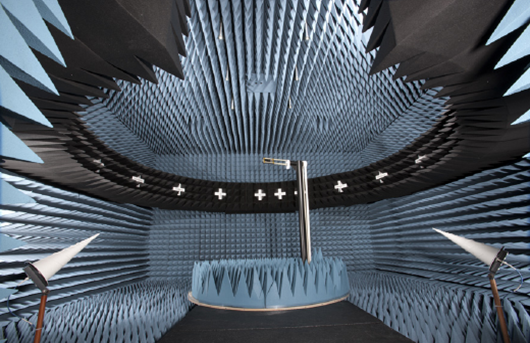
|
|
3D OTA Laboratory
|
4G LTE MIMO Laboratory
|
|
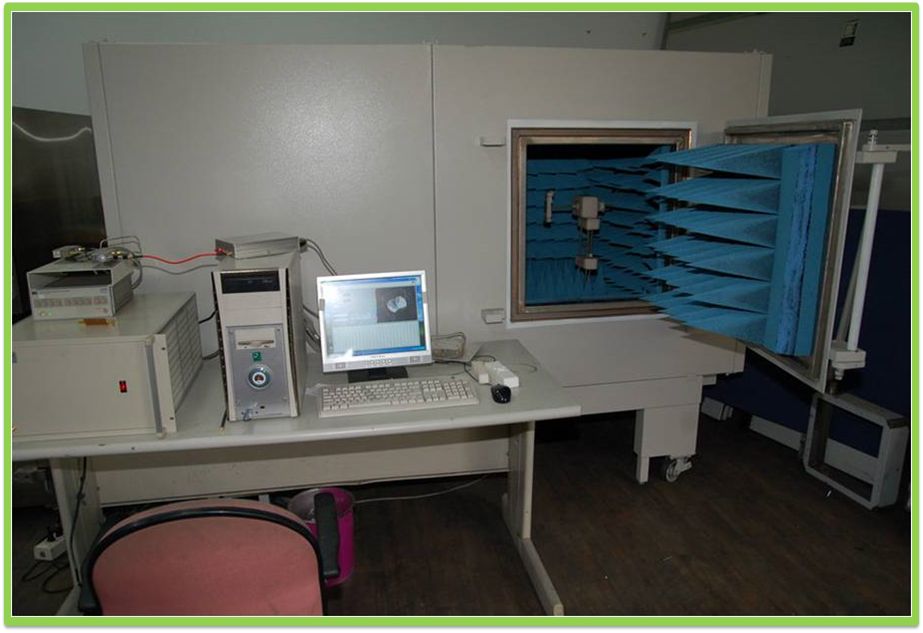
|
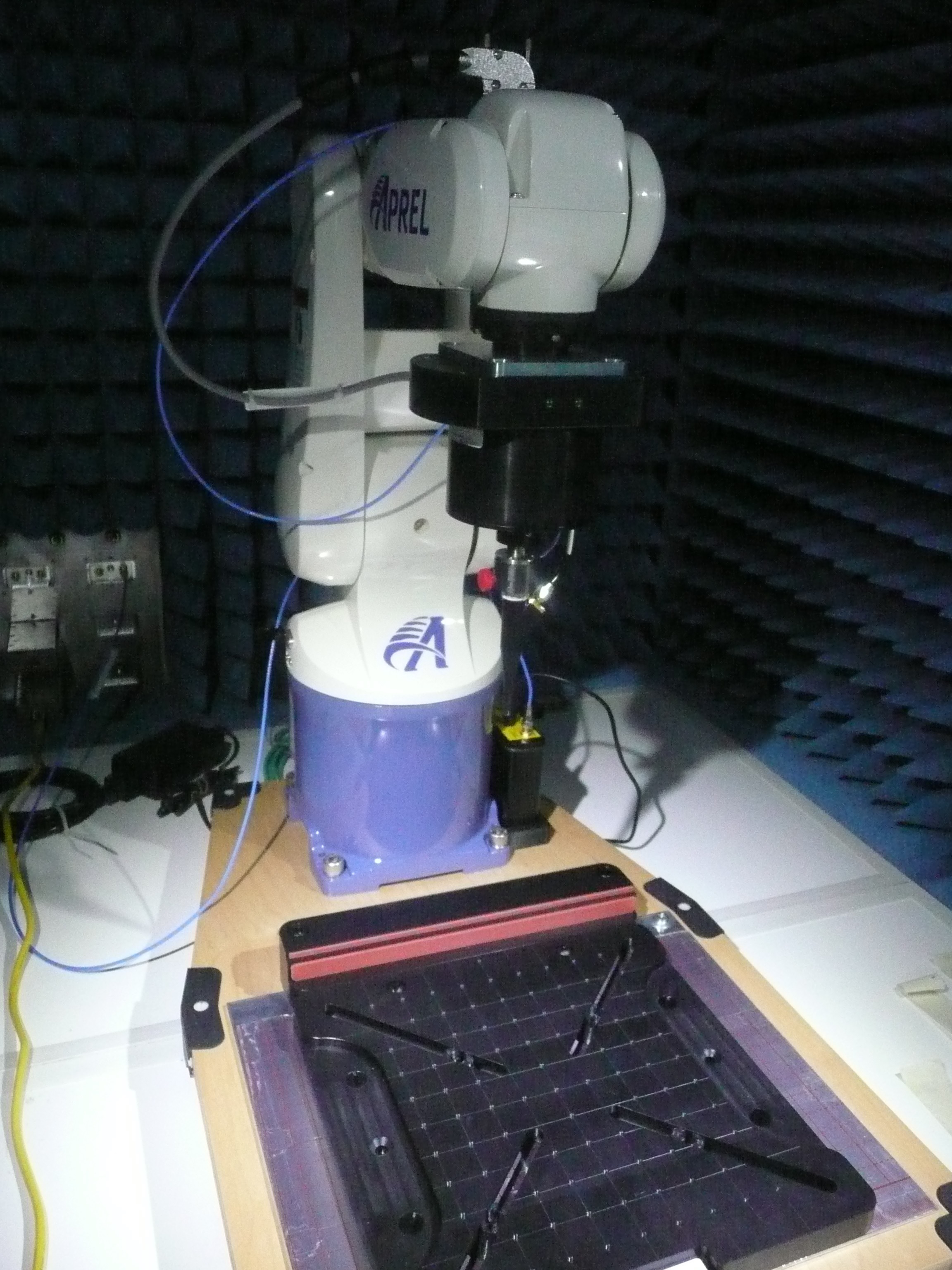
|
|
RFID Pattern Laboratory
|
Near-field Scanning Laboratory
|
|

|
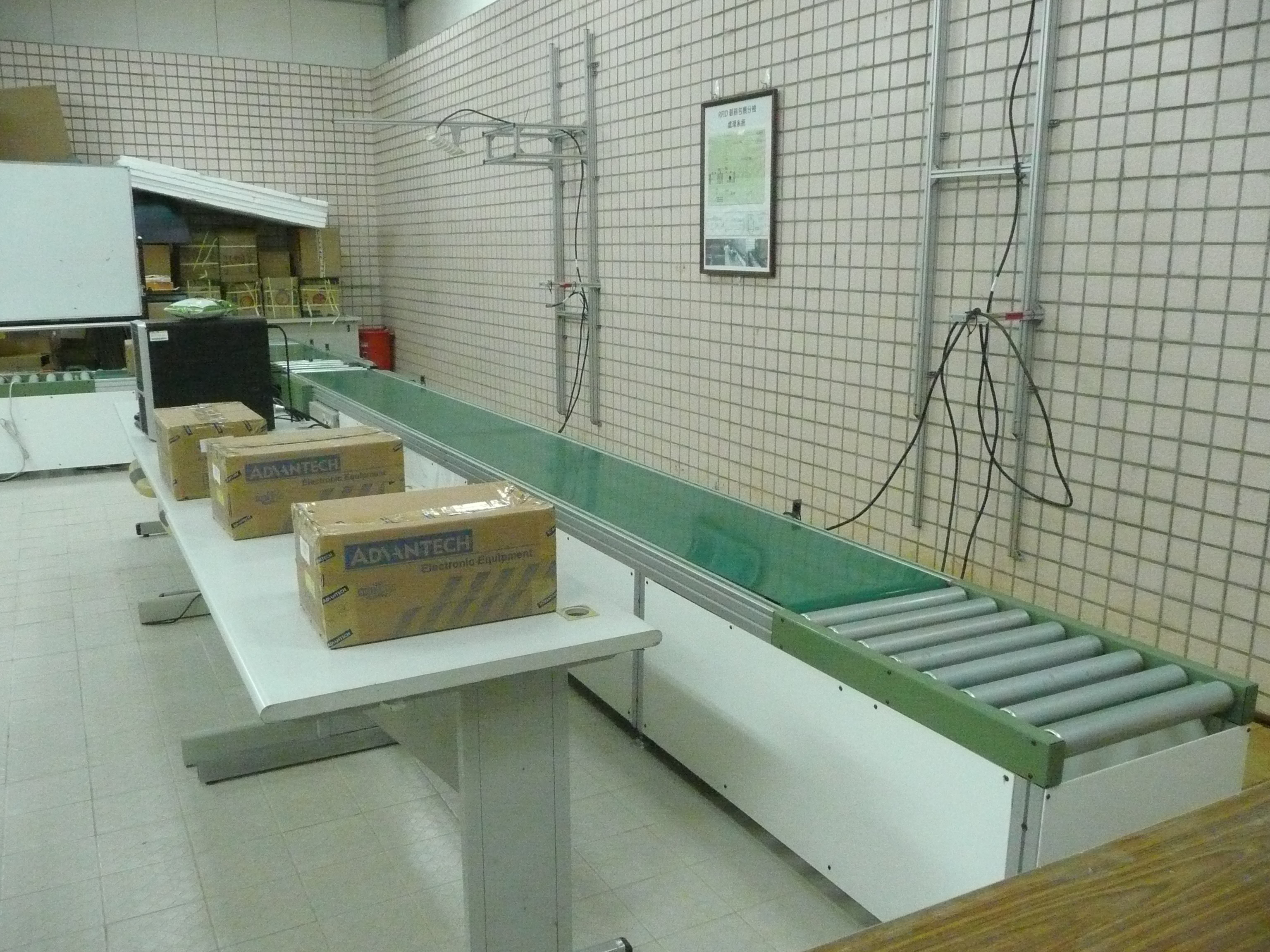
|
|
EMI Laboratory
|
RFID Dynamic Laboratory
|
|
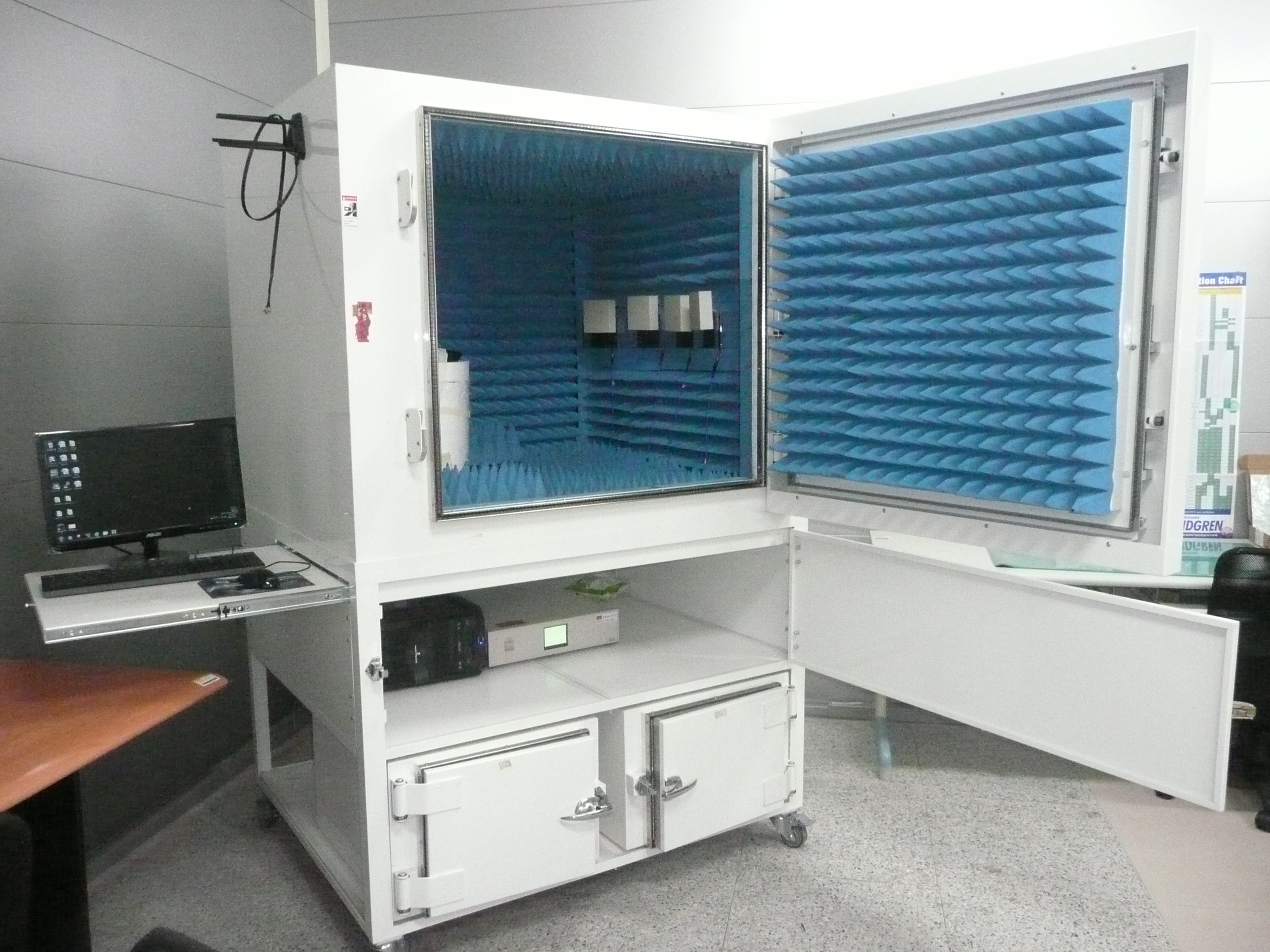
|

|
|
WiFi Throughput Laboratory
|
SAR & HAC Laboratory
|
|
|
Light Point
- Encourage students to participate in competitions and to win a medal
- Complete specialist instruments and facilities in each department
- Full time intern in University of fourth grade
|



